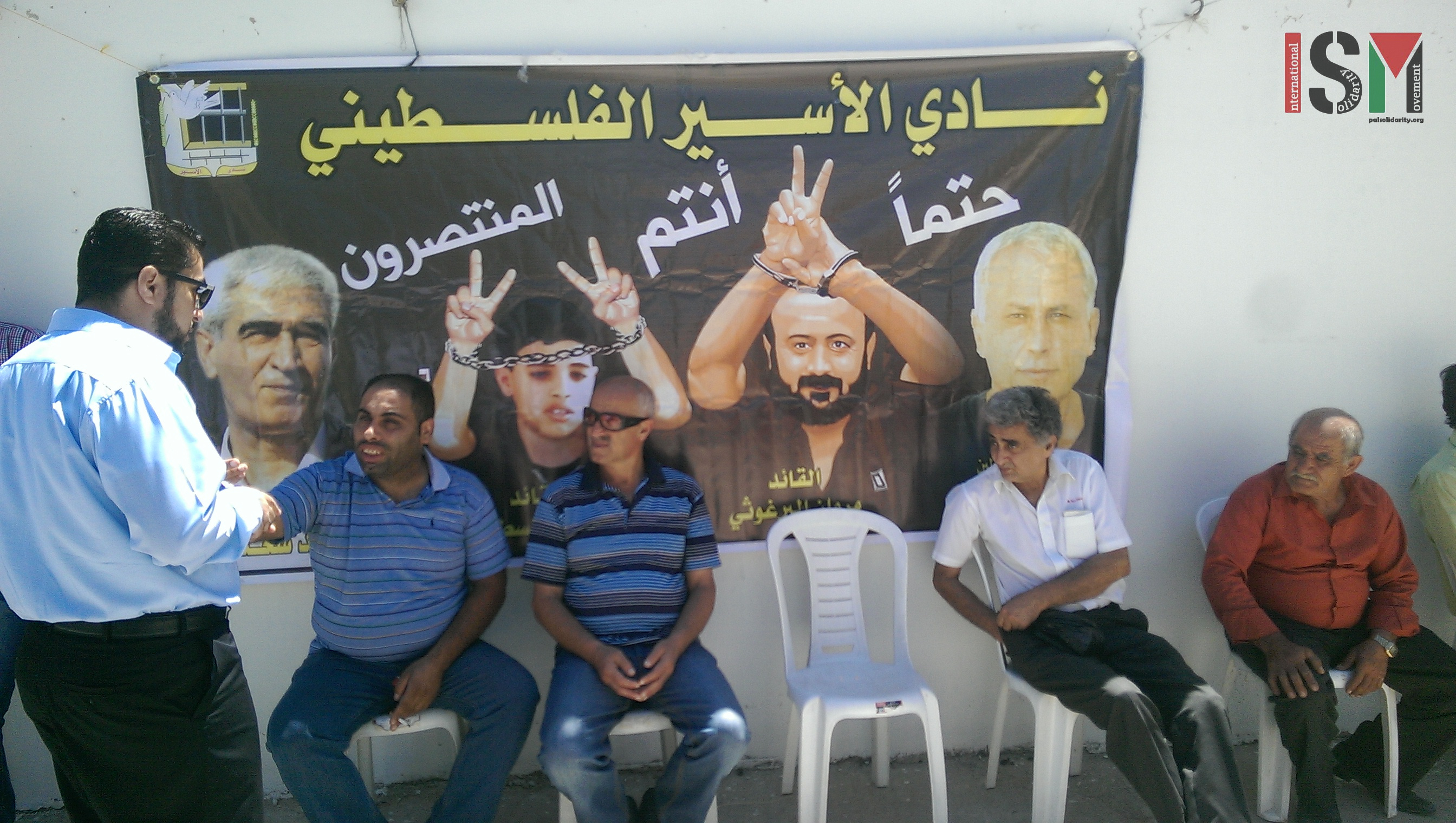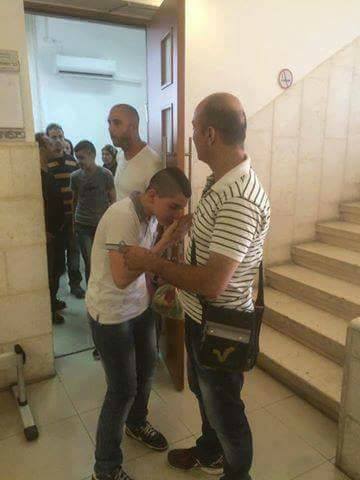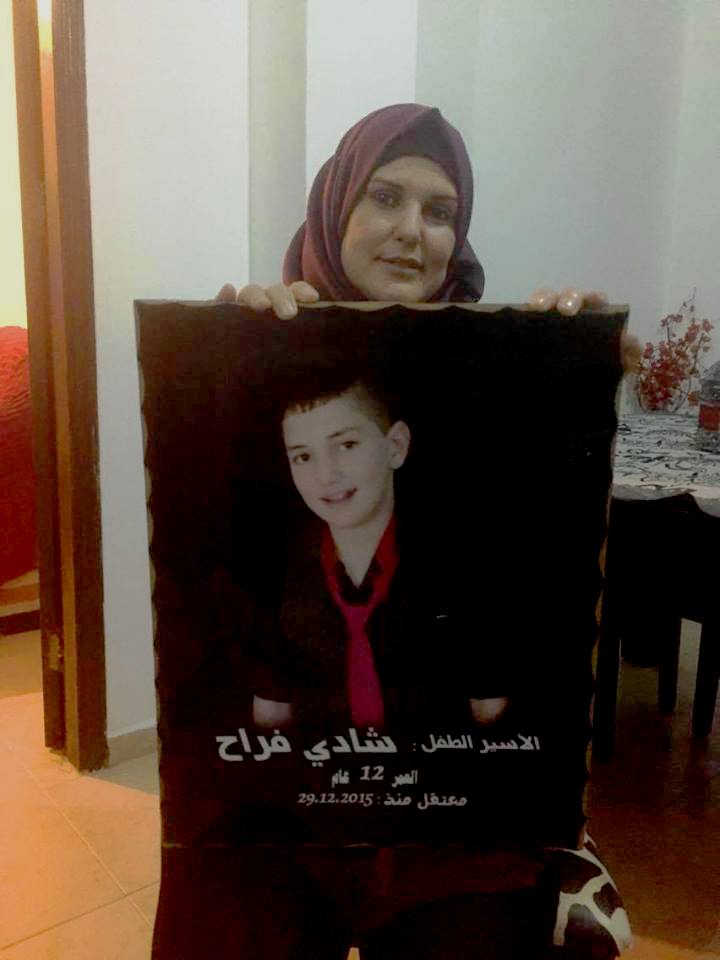Tag: Arrests
-
Hunger strikes and family visits in occupation jails
30th July 2016 | International Solidarity Movement, al-Khalil team | Hebron, occupied Palestine A demonstration in solidarity with hunger striking prisoners and against the cut of family visits by the International Commmittee of the Red Cross was organised by the Hebron Defense Committee in occupied al-Khalil (Hebron) on 28th July 2016. The sit-in took place…
-
Petition to free Shadi Farah
20th July 2016 | International Solidarity Movement, East Jerusalem | East Jerusalem, occupied Palestine ISM encourages everyone to copy and paste the letter below and send it to your Members of Parliament, Congresspeople, and other political representatives. To support Shadi and his family financially during this very difficult time, please see: https://palsolidarity.org/donate/ Dear Sir/Madame: I am…
-
Call to Action: Support Shadi Farah, the youngest Palestinian Political Prisoner
20th July 2016 | International Solidarity Movement, al-Quds team | Jerusalem, occupied Palestine Shadi Farah is just 12 years old, but he’s caught in a trap that few adults ever manage to work their way out of. Last December, Shadi and his Friend Ahmad Zaatari, 13, were arrested at a bus stop in Jerusalem. A…



